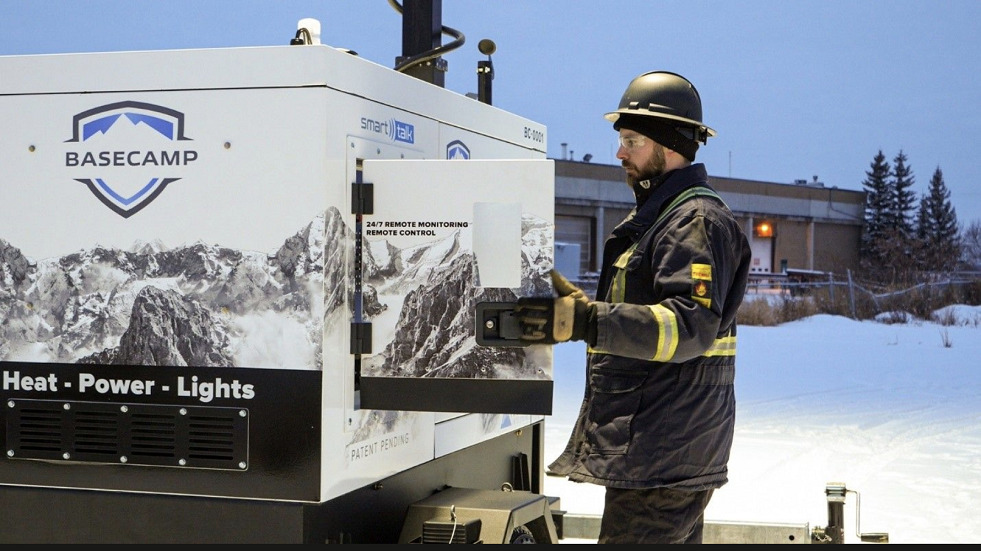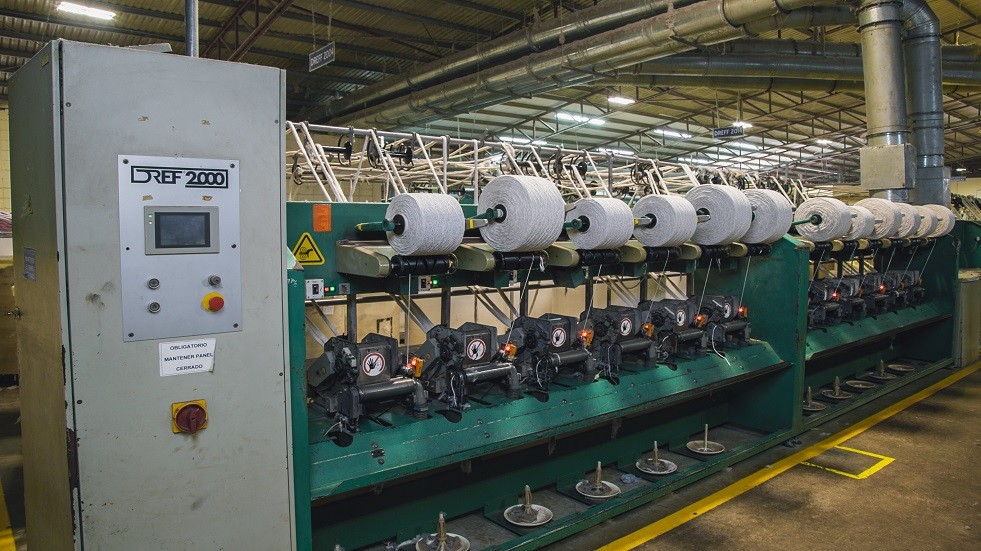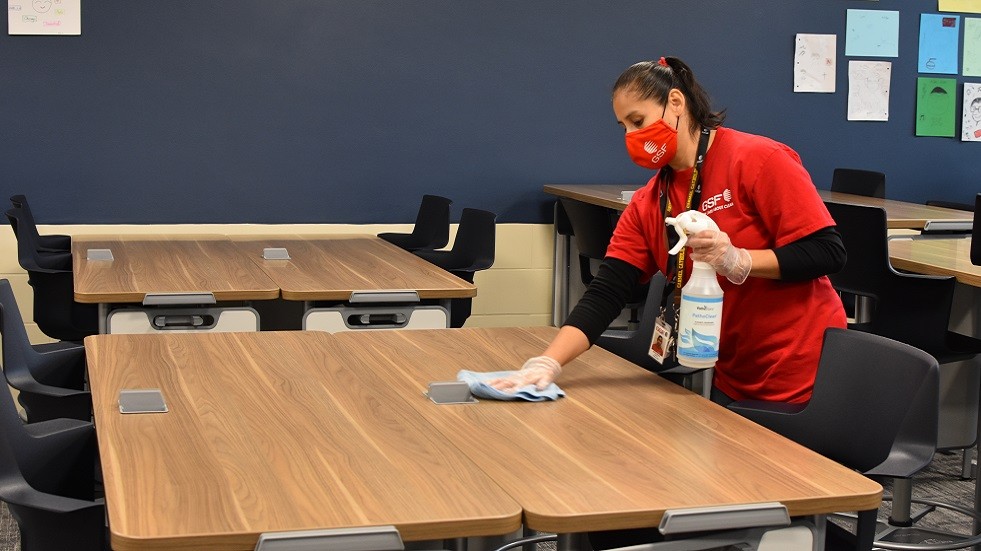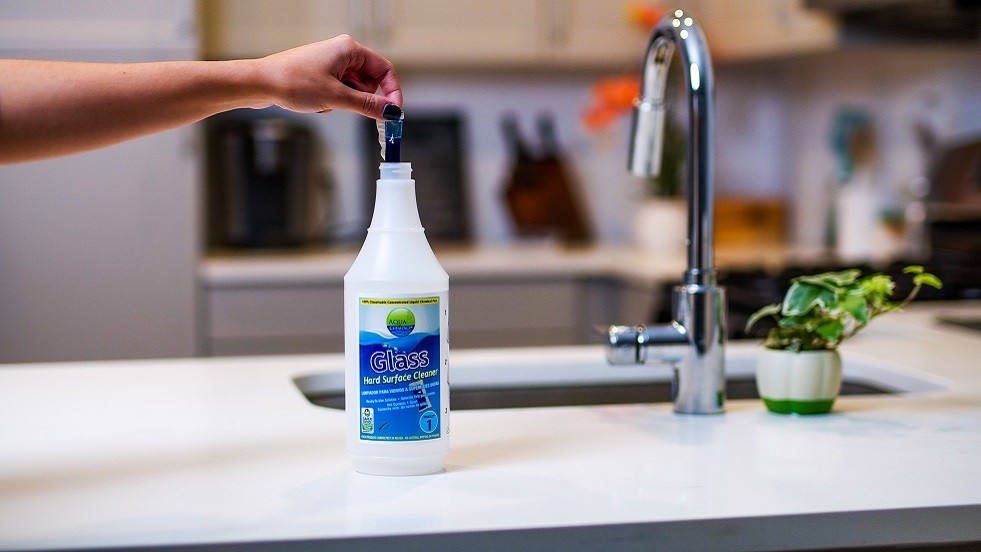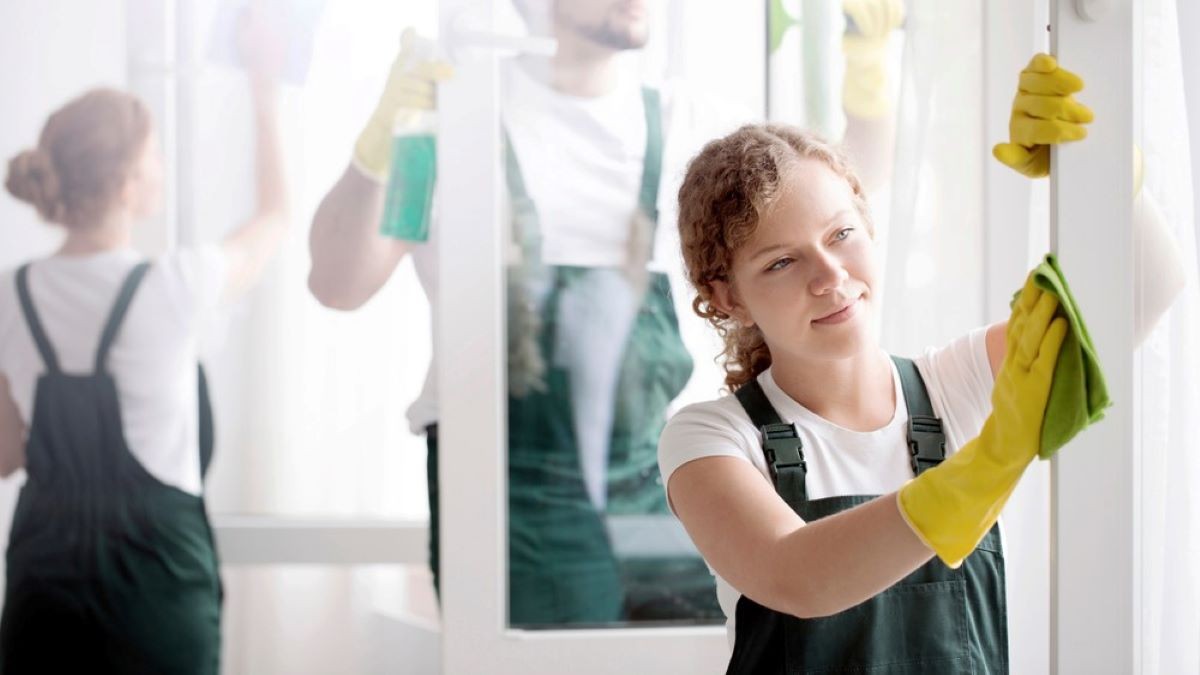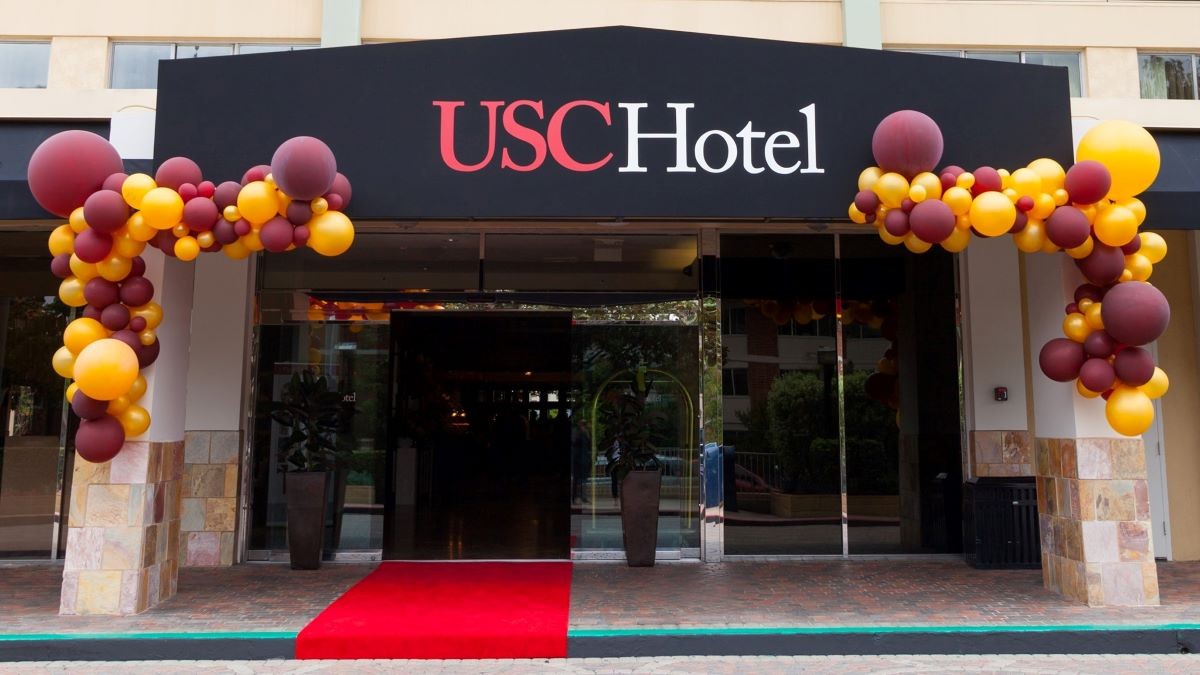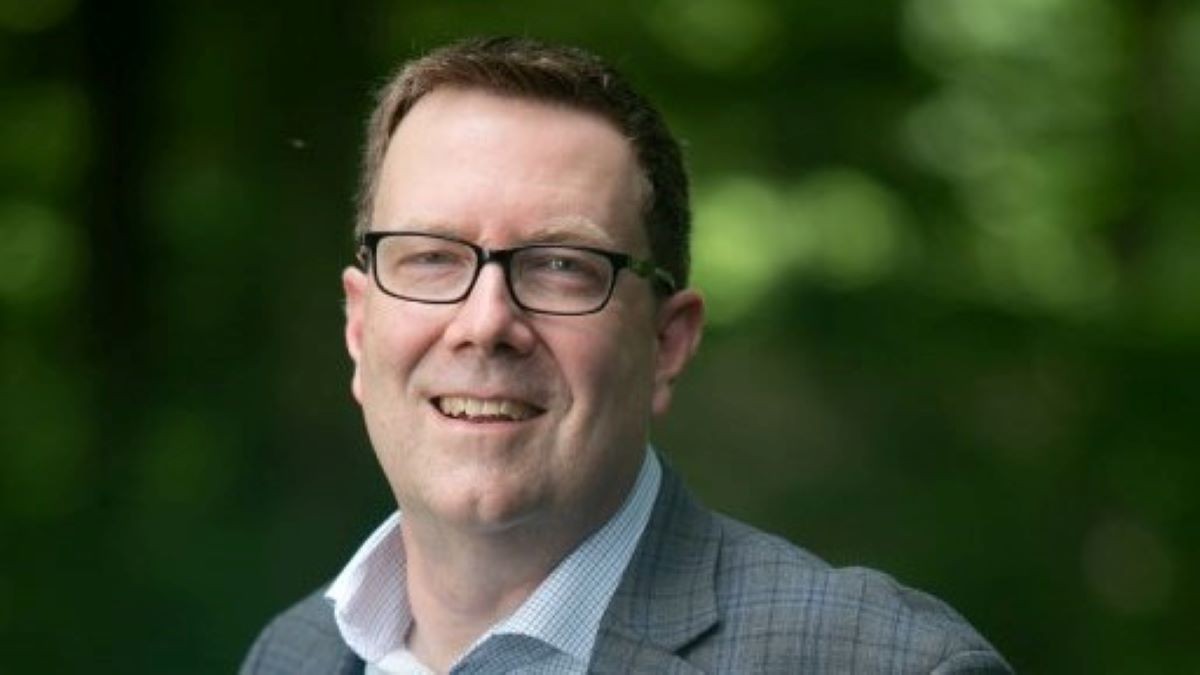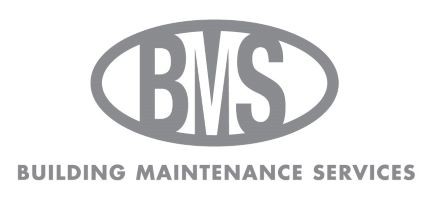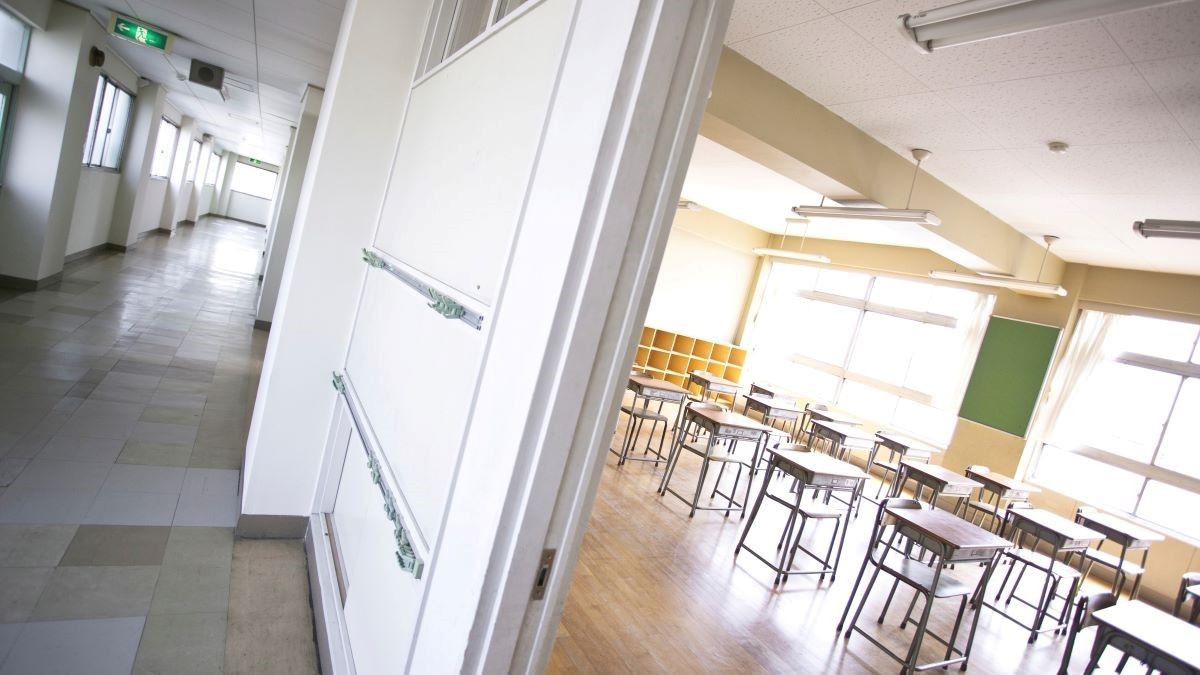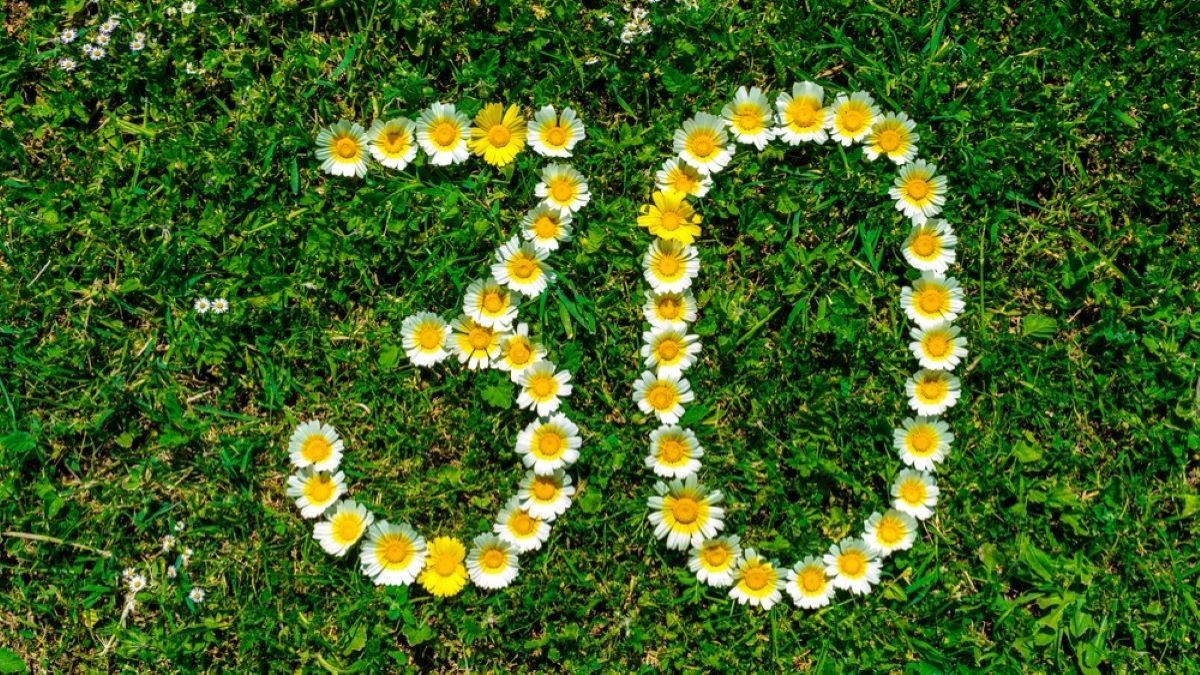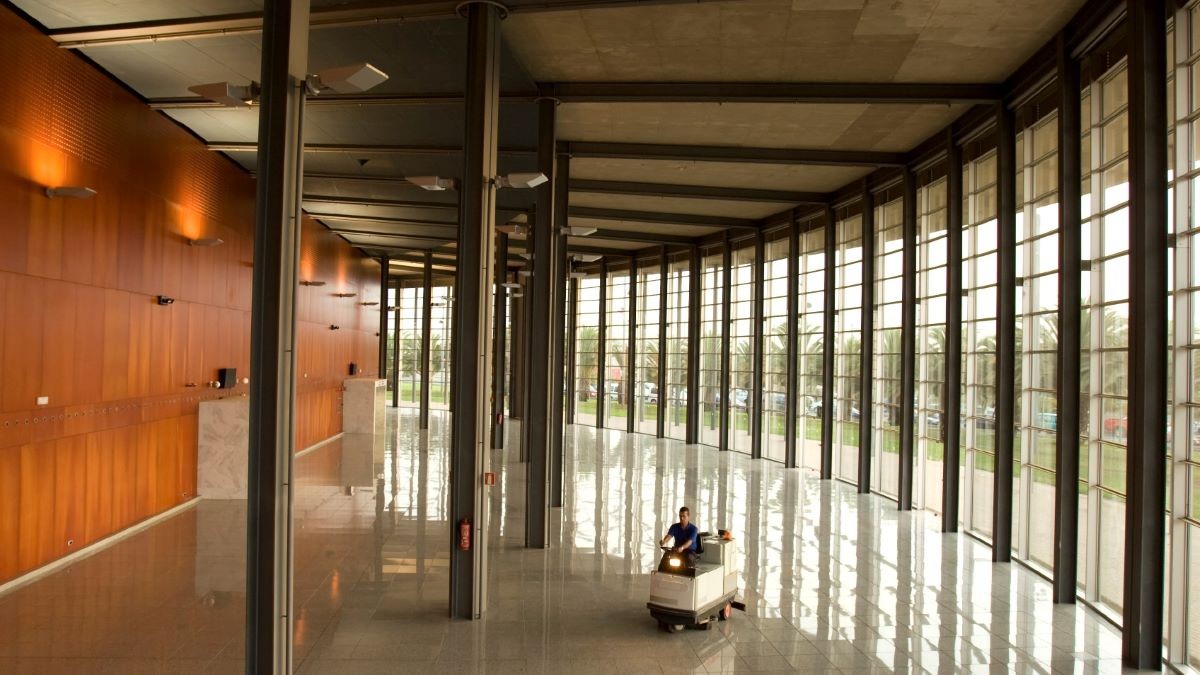Green Seal partner Building Maintenance Service (BMS) sat down with Green Seal CEO Doug Gatlin to discuss green cleaning, sustainability in the janitorial industry, and why being Green Seal certified matters now more than ever.
WHY IS THIRD-PARTY VALIDATION IMPORTANT WHEN IT COMES TO SUSTAINABILITY IN THE CLEANING SERVICES INDUSTRY?
Green cleaning is a common term these days in the cleaning industry. The concept has been around for a long time. However, in recent years, the sustainability community has actively embraced it. They are better quantifying its impacts and promoting its value. Thanks to national benchmarks such as LEED as well as Green Seal’s Green Cleaning Services Standard, green cleaning has become more common. The knowledge of best practices has become more standardized within the industry. Many facility teams, building managers, and office managers are utilizing some elements of green cleaning. That said, green cleaning is a series of continuous improvement steps. It is based on core principles that include training, site-specific plans, careful chemical management, and environmentally preferable purchasing. In most cases we’ve seen, when a group says they’re implementing green cleaning, there are often major gaps in the implementation, the level of rigor, and the results. A third-party certification process confirms the application of actual green cleaning procedures and benefits.
HOW DOES GS-42 CERTIFICATION BENEFIT JANITORIAL COMPANIES AND THEIR CLIENTS?
We’ve heard from cleaning companies of all sizes that simply the act of applying for certification is beneficial. In completing the checklists, you can quickly identify gaps in what you were doing, assumptions you made, and communications that should have been developed that never were. It helps you get a bird’s-eye view of your own business. During the process, you’re speaking with a facilities management expert. This person can help you dive into the best practices of green cleaning and the unique ways to develop your site-specific plans.
Commercial properties that choose certified green cleaning services attract higher quality tenants. Consumers today are demanding a higher level of social and environmental consciousness. Green cleaning delivers on those priorities by reducing the building’s environmental impact and promoting the health and wellbeing of building occupants – as well as some of society’s unsung heroes: custodial workers.
Building occupant productivity is also a benefit. Occupants of green office buildings report three fewer sick days each year and a 5% increase in overall productivity. This has a direct connection to indoor air quality. In fact, a 2018 study from the U.S. Green Building Council found that 80% of green building occupants say the enhanced air quality improves their happiness and productivity.
HOW DO CLEANING CHEMICAL CHOICES IMPACT BUILDING OCCUPANT HEALTH?
VOCs are one of the most common hazards in today’s buildings. They can cause allergic responses, exacerbate asthma, or other respiratory issues, cause headaches, eye irritation, or dizziness, prevent us from feeling our best – or, at worst, send people to the emergency room.
Young people, sick people, pregnant women, and the tens of millions of Americans who suffer from asthma are especially at risk from exposure. One in seven cases of adult asthma can be attributed to the use of spray cleaners.
Cleaning professionals are on the front lines of these impacts. A large body of research has found that both domestic and professional cleaning work is associated with a higher risk of asthma and other respiratory issues. In fact, the first long term study on the topic recently found that cleaning with conventional products is as bad for your lungs as smoking a pack of cigarettes a day over 10-20 years.
The good news is that you easily mitigate these risks by simply switching to green-certified products.
HOW DO YOU DETERMINE SUSTAINABILITY STANDARDS FOR CLEANING CHEMICALS?
We start by looking at function. It’s important for us to understand the intended function of a product. In many cases there are several. This helps us understand why a certain active chemical ingredient may be necessary or beneficial. Once we understand those two pieces, we conduct a marketing review by looking at safety data sheets or European regulations, which frequently home in on chemicals of concern before the U.S. does. We identify the known toxic chemicals that are in most cleaning products. Then we look at the products that have been designed without those toxic chemicals. We independently validate that these products still function to industry standards.
By focusing on those leadership products, we’re able to craft a profile that looks at everything from the raw materials and production processes to the formula and the end of life of the product. We zero in on the best opportunities for reducing environmental and human health impacts. We strive to create standards that are achievable for the top 20 percent of the industry. As the industry catches, we review and increase the performance thresholds where it makes sense, so that the Green Seal mark continues to set a leadership benchmark.
DO GOVERNMENT REGULATIONS (OR LACK THEREOF) IMPACT HOW YOU DEFINE YOUR STANDARDS, AND IF SO, HOW?
We rely on a number of authoritative lists to screen product formulations for chemicals of concern. These lists range from those set by international bodies, such as the International Agency for Research on Cancer’s list of carcinogens, to those set by professional associations, such as the Association of Occupational and Environmental Clinics’s list of asthmagens. In between, of course, are federal and state lists by U.S. EPA and California.
By referencing multiple sources, we ensure that we have the most health-protective standards based on the latest science. Green Seal’s standard development is guided by the precautionary principle – if there is a lack of full scientific certainty on the suspected health and environmental health hazards of a chemical, we prohibit it until it’s proven to be safe. That’s why commonly found toxins like methylene chloride and 1,4-dioxane – which have only recently spurred widespread public concern in the U.S. – have been prohibited in Green Seal-certified products for decades.
WHAT IS THE BIGGEST OBSTACLE YOU HAVE SEEN FOR CLEANING SERVICE PROVIDERS TO ADOPT GS-42 STANDARDS?
We see employee turnover and maintaining buy-in as two of the biggest challenges. Green cleaning itself is not intuitive. It’s a careful, conscious process of monitoring, setting baselines, and understanding opportunities for where chemicals are unnecessary or overused, and shifting to better practices. It is a continuous improvement game. It works best with the buy-in of your teams—in particular, custodial managers, who can lead a culture shift.
In some cases, building occupants need to be educated about green cleaning. We’re conditioned to think that a bleach smell or a lavender fragrance signifies “clean.” It can also be hard to overcome the misconception that constant cleaning is beneficial. Many times, it’s counterproductive, and it unnecessarily increases chemical exposure.
It’s important to convey the concept of green cleaning to the building occupants. They must find value in this new way of working with non-fragrance products, in restricting cleaning schedules to off-hours, and in restricting the use of disinfectants and sanitizers to high-touch surfaces. But increasingly, we’ve seen that building tenants and occupants are aware of the benefits. They are requesting green cleaning, even if they don’t yet understand all the details.
WHAT IS YOUR GREATEST CONCERN AS IT RELATES TO THE ENVIRONMENTAL IMPACT OF THE CLEANING INDUSTRY?
Water use. The more we can encourage the shipping of concentrated products, the more we can reduce the unnecessary emissions of shipping water. There’s an emerging concept in Europe where water itself is not required as frequently in cleaning. That could be interesting in the future as well.
We’re also concerned about the overuse of disinfecting products because of the potential for the development of microbial resistance to these products.
HOW DO YOU SEE SUSTAINABILITY IN THE CLEANING INDUSTRY CHANGING OVER THE NEXT 5-10 YEARS?
Green cleaning will be better understood. We’re going to see reductions in water use, more careful application of chemical-based products, and a shift to more evidence and quantification of green cleaning and effective cleaning. There will be more demand from building occupants for third-party certified services and products that protect and promote health and wellness. You can already see that in popular shared workspaces like WeWork – they offer snacks, coffee, and spaces that only use green products.
